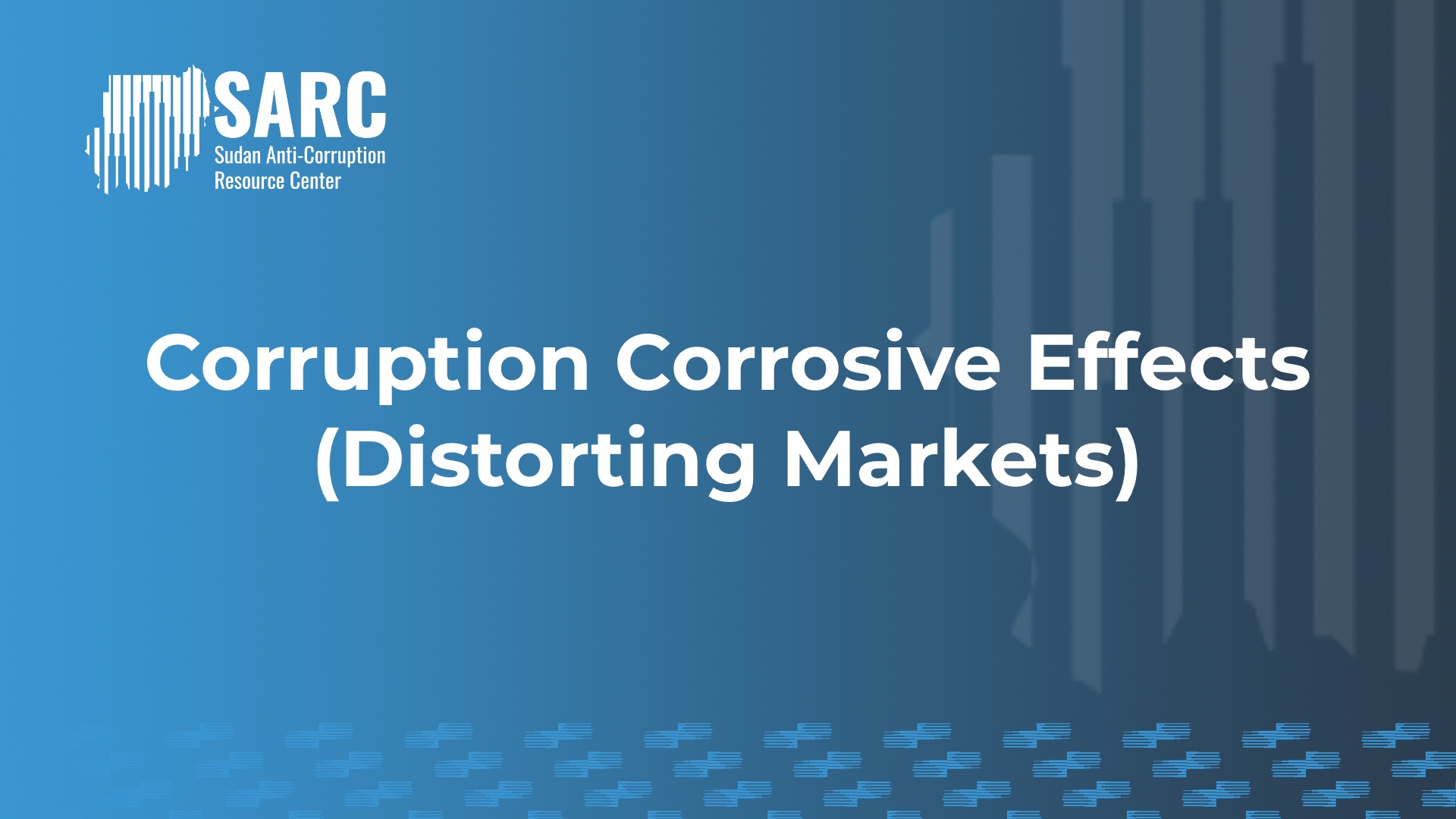
Corruption corrosive effects (distorting markets)
Corruption is often described as a barrier to economic growth—but some argue it can actually help markets function by “greasing the wheels” where bureaucracy stalls progress. This blog takes a closer look at that claim and finds overwhelming evidence against it.
While bribery and other corrupt practices may offer short-term gains, the long-term damage to markets is clear. Corruption distorts fair competition, deters investors, inflates costs, and undermines public trust. In developing countries alone, the cost of corruption exceeds $1.2 trillion annually. Whether it’s multinational corporations influencing laws through backdoor deals or monopolies created through favoritism, the end result is a loss of opportunity, growth, and equality.
Real-world examples prove the point: Siemens’ global bribery scheme inflated costs and disrupted markets. In Tunisia, former President Ben Ali’s family monopolized sectors, choking fair competition. And in Malaysia, the 1MDB scandal robbed the economy of over $700 million in public funds.
Yes, some argue corruption can “grease” inefficient systems. But evidence suggests otherwise: corruption erodes governance, encourages underground economies, and shifts investment away from productive sectors. The long-term result is slower growth, weaker institutions, and greater inequality.
Read the full article Corruption Corrosive Effects (Distorting Markets)
